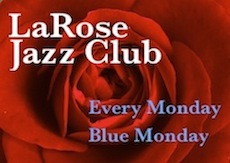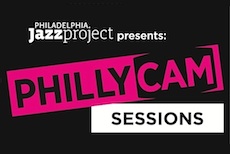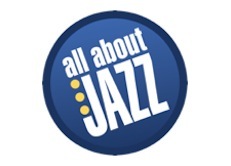Welcome to Philadelphia Jazz Project
TROUBLED WATERS AT POOL EXHIBITION
Jul 30, 2022
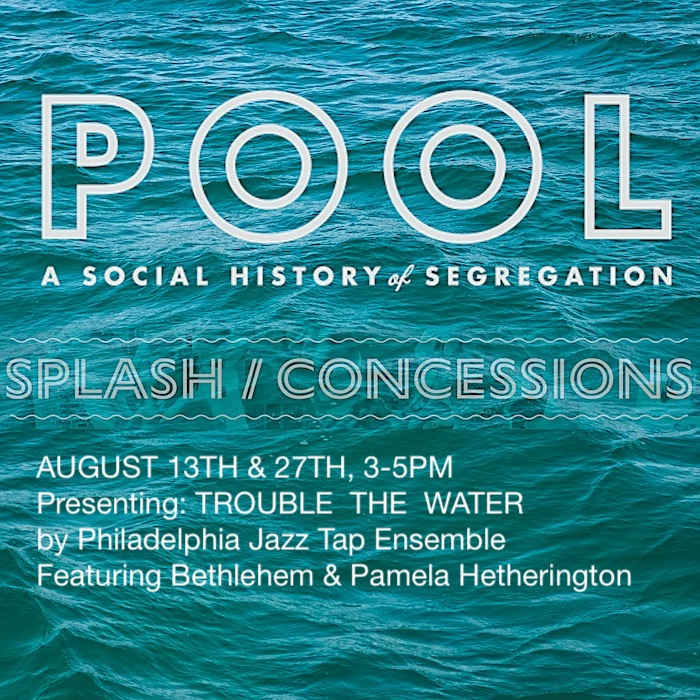
SATURDAY AUGUST 13TH & 27TH, 3-5 PM
TROUBLE THE WATER by Philadelphia Jazz Tap Ensemble
Featuring Bethlehem & Pamela Hetherington
Fairmount Water Works
640 Waterworks Dr., Philadelphia, PA 19130
(In Fairmount Park Near Phila Museum Of Art)
Free And Open To The Public
A project by Victoria Prizzia of Habithèque Inc, POOL: A Social History of Segregation is a museum exhibition at the Fairmount Water Works featuring a curated collection of powerful art installations and informative experiences, including rarely seen archival film footage and photographs that explore the history and contemporary implications of segregated swimming in America. POOL investigates the role of public pools in the United States with the goal of deepening understanding of the connection between water, social justice and public health.
The exhibition will also present SPLASH / CONCESSIONS: a series of special events curated by Philadelphia Jazz Project director, Homer Jackson and Chef Valerie Erwin of Geechee Girl Rice Cafe. SPLASH is a series of newly composed, musical performances created specifically for this exhibition, which will be presented in the lanes of the former Kelly Pool and outside the Fairmount Water Works (weather permitting). In between thirty-minute musical sets, our CONCESSIONS stand, organized by Chef Valerie Erwin of Geechee Girl Rice Cafe will be open, with food prepared by young, local entrepreneurs of color, including Chef Chris Paul of Lakay PHL, Chefs Omar Tate & Cybille St Aude-Tate of Honeysuckle Provisions and Chef Melissa Fernando of Sri's Company. Also Books & Stuff, the online multicultural, Afrocentric, books and gifts source run by designer and entrepreneur Lynn Washington, will round things out with related book selections for sale.
TROUBLE THE WATER - is a Jazz-based music, movement and spoken word performance literally diving into the social, political, personal and spiritual implications of gospel classics, Wade in the Water and Deep River. Created and presented by the Philadelphia Jazz Tap Ensemble and featuring vocussionist, Bethlehem - who "uses her whole body to make music" and tap dancer/choreographer Pamela Hetherington, this performance excavates untold stories hidden within the lyrics of these songs and the motions of Ameican waters.
SATURDAY AUGUST 13TH & 27TH, 3-5 PM
TROUBLE THE WATER by Philadelphia Jazz Tap Ensemble
Featuring Bethlehem & Pamela Hetherington
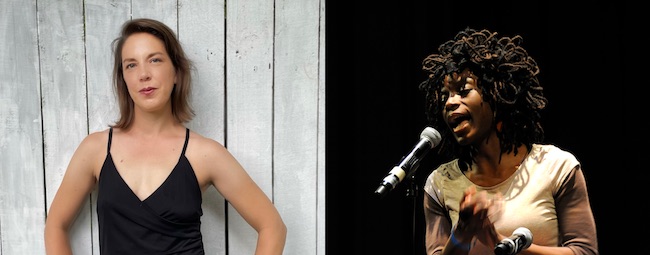
We spoke with Pamela Hetherington of the Philadelphia Jazz Tap ensemble about their work and this new performance created for the POOL exhibition.
PJP: Can you briefly describe your musical direction?
Pamela Hetherington: Trouble The Water is a new tap dance, movement, music, vocussion and spoken word performance by the Philadelphia Jazz Tap Ensemble diving into the social, political, personal and spiritual implications of the two spirituals, Deep River and Wade in the Water. My work includes a great deal of original writing and throughout the piece, the audience will learn the stories of three people traveling towards safety and a place of revolutionary rest. All in attendance will also be invited to join in the singing of “psalms” I’ve written to carry us all on this journey.
PJP: What and whom are pivotal musical influences on your creative approach?
Pamela: I’m always seeking out jazz recordings and musicians that leave a lot of space. Tap dance is not found on 99.9% of jazz music, so what I do is absorb tunes and imagine where tap dance can possibly live, alongside of melody lines and arrangements. I gravitate towards pianists for inspiration—Oscar Peterson, Keith Jarrett, Ahmad Jamal, Barry Harris, Chick Corea, Bill Evans. I also watch/listen to tap dancers, of course! There is certain footage I will watch over and over because it hits me in the gut and pushes me to keep working/thinking/etc. The one coming to mind for this piece is Bunny Briggs dancing “In a Sentimental Mood” …just google it and be prepared for an experience.
PJP: Tell us about your upcoming performances connected to the POOL: A Social History of Segregation exhibition. Why is it important?
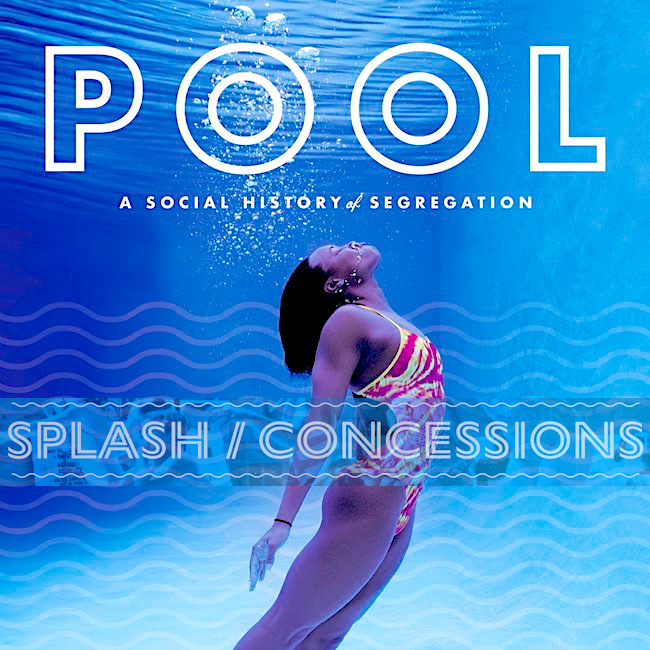 Pamela: At the Waterworks, we are surrounded by the river and experiencing these empty pools, which are evocative in their own right. I am using the music and the setting to tell three stories of people escaping harrowing locations (home abuse, war, a neighborhood overtaken by gun violence) through an imaginary water source. The situations they are escaping, however, are not their focus, because through this music, they each imagine a revolutionary place of rest, calm and safety. I always want to reflect our society and our times through my work. We see images of Ukrainian refugees and young children, unable to escape a classroom, dying in broad daylight from gunshot wounds. What is the imaginary future where guns aren’t a constant and real threat to any person simply walking outside, for example? Can I create a musical experience where we feel released, where we leave feeling more connected? This possibility is where I feel music and dance is so vitally important to our humanity.
Pamela: At the Waterworks, we are surrounded by the river and experiencing these empty pools, which are evocative in their own right. I am using the music and the setting to tell three stories of people escaping harrowing locations (home abuse, war, a neighborhood overtaken by gun violence) through an imaginary water source. The situations they are escaping, however, are not their focus, because through this music, they each imagine a revolutionary place of rest, calm and safety. I always want to reflect our society and our times through my work. We see images of Ukrainian refugees and young children, unable to escape a classroom, dying in broad daylight from gunshot wounds. What is the imaginary future where guns aren’t a constant and real threat to any person simply walking outside, for example? Can I create a musical experience where we feel released, where we leave feeling more connected? This possibility is where I feel music and dance is so vitally important to our humanity.
PJP: Who performs on this project with you?
Pamela: Bethlehem Roberson is on vocussion and is the ying to my yang. It’s been a true gift to work with her creatively for the last couple of years. Pianist Tim Brey and I have been working together since 2016. I trust him with my music and my ideas and he makes me a better musician, every time we get the chance to play together. I’m also including a contemporary dance element to the piece and introducing Kathryn Schweingruber, a young dancer with a very sensitive, sharp and sophisticated understanding of the music.
PJP: Why Jazz? When you could be doing anything else, why this music?
Pamela: I grew up with a tap dance teacher who introduced me to what I thought was “swing music,” years later, I realized we were listening to Count Basie, Stan Kenton and Benny Goodman. Saturday nights, my favorite thing to do was watch Lawrence Welk, not just for the music but also to watch Arthur Duncan, and I mainlined as many old musicals as I could find at our video store—not the usual ones, the obscure ones—and they all had tap dancing. Unlike most kids my age, I knew and enjoyed a lot of standards, but I didn’t know enough to understand what I was hearing.
Tap dance in America is an interesting thing. People say it’s “dying” all the time. Tap has never died or gone anywhere, but the study of jazz tap was and can still be underground. There is no college program to go to and you have to actively seek out the information. It wasn’t until about fifteen years ago, when I met my teacher, Heather Cornell, that I had ever been exposed to tap dance as an instrument and it’s relationship to live jazz music. My first class with her involved her inviting a jazz musician to class, we all had to call a tune, and we had to figure it out from there! The first time I did that, sitting in with a musician, it was as if my whole body was set on fire.
I have been fascinated with the dance since I was a child, but there was definitely something I was searching for within the dance that I didn’t find until that day I sat in with the musician, which was, dancing improvisationally, being responsible for my place in the music and experiencing that absolute out-of-body experience when it all goes right. If you want to play this music as a tap dancer, it’s almost like taking a religious vocation. You have to study on your own, do the work to train yourself, go to jams and get your butt kicked, make a lot of mistakes on the way to finding your own sound. The music has become my life and I can’t be doing anything else but this. The journey is just beginning.
ABOUT THE PERFORMERS:
The Philadelphia Jazz Tap Ensemble advances the scope of American tap dance and jazz music traditions through current choreography, modern compositions, progressive performances and accessible environments and contexts for the work. Supported by the Philadelphia Cultural Fund.
Bethlehem Roberson was raised in an active, church-going Philadelphia family, where she became steeped in the traditions of gospel music. Later, she took on the Hebrew faith, merging her gospel background with the traditions of Judaism. She has performed at Relish, LaRose Jazz Cafe, The Rotunda, the Clef Club, Irvine Auditorium, Temple Performing Arts Center and other venues. Bethlehem draws influences from male vocalist like Sam Cooke, David Ruffin, Marvin Gaye and Prince.
Pamela Hetherington is a Philadelphia native tap dancer, choreographer, and cultural leader. She creates inventive work for the The Philadelphia Jazz Tap Ensemble that cuts across tap dance, jazz music, poetry, body percussion and Philadelphia jazz history. Her work has been presented by Arts on Site, ArtYard, Symphony Space, Dixon Place, the Philadelphia Jazz Project, Jazz Bridge, and The Barnes Foundation.
To keep up with the creative activities of Philadelphia Jazz Tap Ensemble, Bethlehem or Pamela Hetherington visit: PHILA JAZZ TAP ENSEMBLE, SOUND SPACE PERFORMING ARTS, or BETHLEHEM'S WEBSITE.
SATURDAY AUGUST 13TH & 27TH, 3-5 PM
TROUBLE THE WATER by Philadelphia Jazz Tap Ensemble
Featuring Bethlehem & Pamela Hetherington
Fairmount Water Works
640 Waterworks Dr., Philadelphia, PA 19130
(In Fairmount Park Near Phila Museum Of Art)
Free And Open To The Public
CLICK HERE TO LEARN MORE ABOUT POOL
CLICK HERE FROM FOR MORE ABOUT FAIRMOUNT WATERWORKS
DOWNLOAD FREE POOL EXHIBITION MAGAZINE HERE
POOL: A Social History of Segregation is a project by Victoria Prizzia of Habithèque Inc. POOL was made possible by generous support from The Pew Center for Arts & Heritage and the Philadelphia Water Department. We would also like to thank leadership of the FUND for the Fairmount Water Works and Philadelphia Parks and Recreation for their ongoing support for this project. Much of the historic content of POOL was provided by and/or written in collaboration with Dr. Jeff Wiltse, who generously made his extensive research available to the makers of POOL.
Special thanks to exhibition, creative director and lead designer, Victoria Prizzia of Habithèque Inc, to Karen Young and the Fairmount Water Works Interpretive Center, as well as to Chef Valerie Erwin of Geechee Girl Rice Cafe. Major support for POOL has been provided by The Pew Center for Arts & Heritage, with additional support from the Philadelphia Water Department.
Follow us, like us, or just check us out at our pages on these social media platforms...
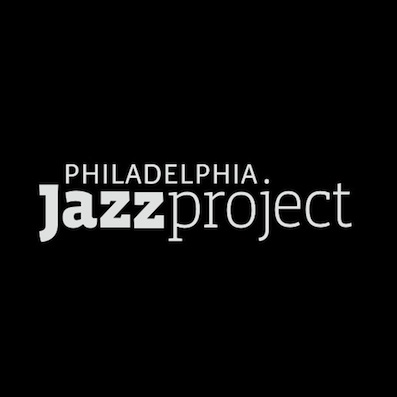



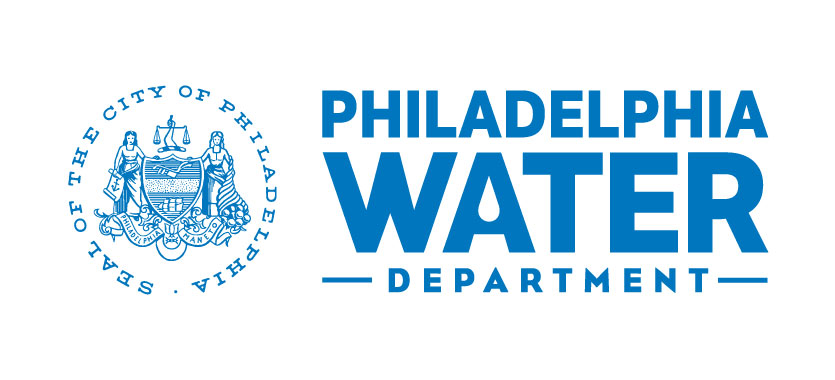
Philadelphia Jazz Project is a sponsored project of the CultureWorks | Greater Philadelphia, with funding provided by The Philadelphia Foundation.















